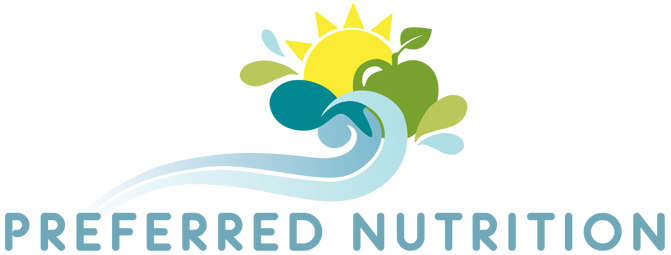Why Organic?
Written by: Jennifer Madore, UNF Dietetic Intern
These days, people are becoming more and more concerned about what they are putting in their bodies, and there is so much out there to consider! Organic, non-organic, GMO…who’s to know? And what does it really mean? Let’s talk about some of the information that is out there, and what it means when buying organic…
The term “organic” indicates that that product was grown without the use of certain pesticides, synthetic fertilizers, sewage sludge, genetically modified organisms (GMOs) or ionizing radiation. It also means that the animals that provide food for us are not given any antibiotics or growth hormones. The “pasture rule” in organic meat production also establishes minimum requirements for time on pasture. Before a product can be deemed organic, it has to be inspected and approved by a government-approved certifier to ensure the farmer is meeting USDA organic standards.
Does that mean organic foods are healthier? There have been a few peer-reviewed studies published that found organic produce contained higher levels of phytochemicals and vitamin C than conventionally grown produce, namely tomatoes. However, there is no definitive research that shows organic foods being more nutritious than conventional foods. In addition to that, organic foods may not use the same fertilizers or pesticides that conventional farmers do, but plants produce their own pesticides as a safety mechanism to stay alive. Most of the pesticides that people are afraid of eating are already produced by the plants all on their own, whether it’s grown organically or conventionally.
The Environmental Working Group develops and updates lists known as the “Clean 15” and “Dirty Dozen” to help consumers find a middle ground while grocery shopping. The Clean 15 list identifies foods with the least amount of pesticide residue (foods you can buy conventionally), while the Dirty Dozen list identifies those foods that contain the highest amounts of pesticide residue (foods you might consider buying organic).
So, should you buy organic? Sure, if you want to! But if you’re not a fan of paying the extra dollars for organic foods, there is nothing wrong with buying some good ol’ fashion, conventional produce. Pick your battles and buy organic when it is feasible for you, but don’t let a label make you miss out on the same beneficial nutrients you could still get from the conventional version.


